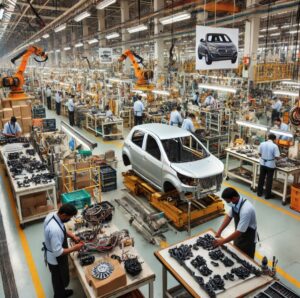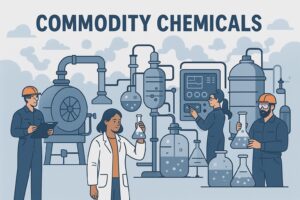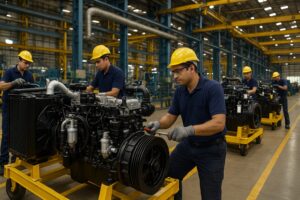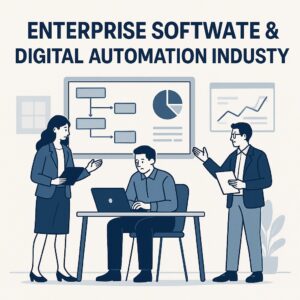Industry Overview
The global automotive components market is projected to grow from USD 1.96 trillion in 2024 to USD 2.98 trillion by 2032, at a CAGR of ~5.3%—driven by electrification, vehicle complexity, and demand for advanced modules.
Company Breakdown & 2025 Highlights
Motherson Sumi Systems (MSSL)
A leading Indian multinational, Motherson Sumi specializes in wiring harnesses, polymer components, and mirror systems. From its 1986 roots, the company has scaled globally—acquiring firms across Europe and North America to build a diversified product portfolio and supply chain. Its integrated model supports OEMs across passenger vehicles, commercial vehicles, and two-wheelers.
Strengths
- Deep global OEM relationships and acquisition-led scale
- Diverse product mix spanning electrical and polymer offerings
Considerations
- Capital intensity of M&A
- Valuation can reflect high integration expectations
Investor View
A central holding for investors seeking a mix of scale, strategic growth, and Indian origin.
Bosch
One of the top global suppliers in automotive technology, Bosch is a powerhouse in innovation—from electrification and ADAS to infotainment and powertrain. Ranked regularly in the top tier among global automotive suppliers, Bosch stands out for consistent R&D investment and broad product portfolio.
Strengths
- Dominant scale and innovation across verticals
- High R&D intensity driving premium pricing
Considerations
- Higher valuations linked to strong fundamentals—may limit margin of safety
Investor View
A premium core stock for high-quality, innovation-led exposure in automotive components.
Aptiv
Focused on advanced vehicle architectures, Aptiv is a key player in autonomy, software-defined vehicles, and EV-compatible components. With over $17 billion in revenue and ~8.5% margins, it holds a significant market share in global automotive technology.
Strengths
- Leadership in high-growth segments like autonomous drive and EV platforms
- Aggressive R&D and strategic partnerships
Considerations
- Highly cyclical exposure and tech risk iteration
Investor View
Ideal for those betting on automotive electrification and intelligent systems for future upside.
Lear Corporation
Focused on automotive seating and electrical systems, Lear is known for cost discipline and exposure to cabin interiors. With ~$20 billion in revenue and moderate 5% margins, Lear offers stability and exposure to vehicle comfort and electrical integration.
Strengths
- Consistent performance through seating and systems contracts
- Defensive nature amid automotive production cycles
Considerations
- Narrower growth levers and profitability compared to peers
Investor View
A value-oriented stock ideal for conservative exposure in automotive components.
Snapshot Comparison
| Company |
Business Focus |
Strengths |
For Investors Seeking… |
| Motherson Sumi |
Wiring, polymers, global scale |
Emerging global OEM integration |
Growth via M&A and Indian growth story |
| Bosch |
Innovation across powertrain, electronics |
Global innovation leader |
Quality and sustainability at scale |
| Aptiv |
Autonomous, EV software architecture |
Future tech leader in auto space |
Long-term tech-driven upside |
| Lear |
Seating & electrical interiors |
Stability and cost management |
Defensive play with consistent margins |
Market Tailwinds & Dynamics
- Rapid transition to EVs and smart vehicles demands advanced electrical systems, sensors, and wiring modules—boosting industry tailwinds across all four players.
- Strategic M&A and outsourcing trends are reshaping supply chains, rewarding globally networked platforms.
Value Investing Takeaways
- Core Holding: Bosch—sustainable innovation and scale.
- Growth Tilt: Motherson Sumi—aggressive global expansion from India.
- Tech Amplifier: Aptiv—as vehicle intelligence becomes mainstream.
- Defensive Plug: Lear—steady volumes with conservative risk outlook.
Conclusion
Each company occupies a clear niche in the automotive components arena—spanning legacy expertise, future tech, growth orientation, and defensive positioning. For value investors in 2025, the optimal strategy could blend a stable technology leader (Bosch) with higher-growth plays like Motherson’s cross-border assets and Aptiv’s EV-centric platform—balanced against destination stability in Lear.




